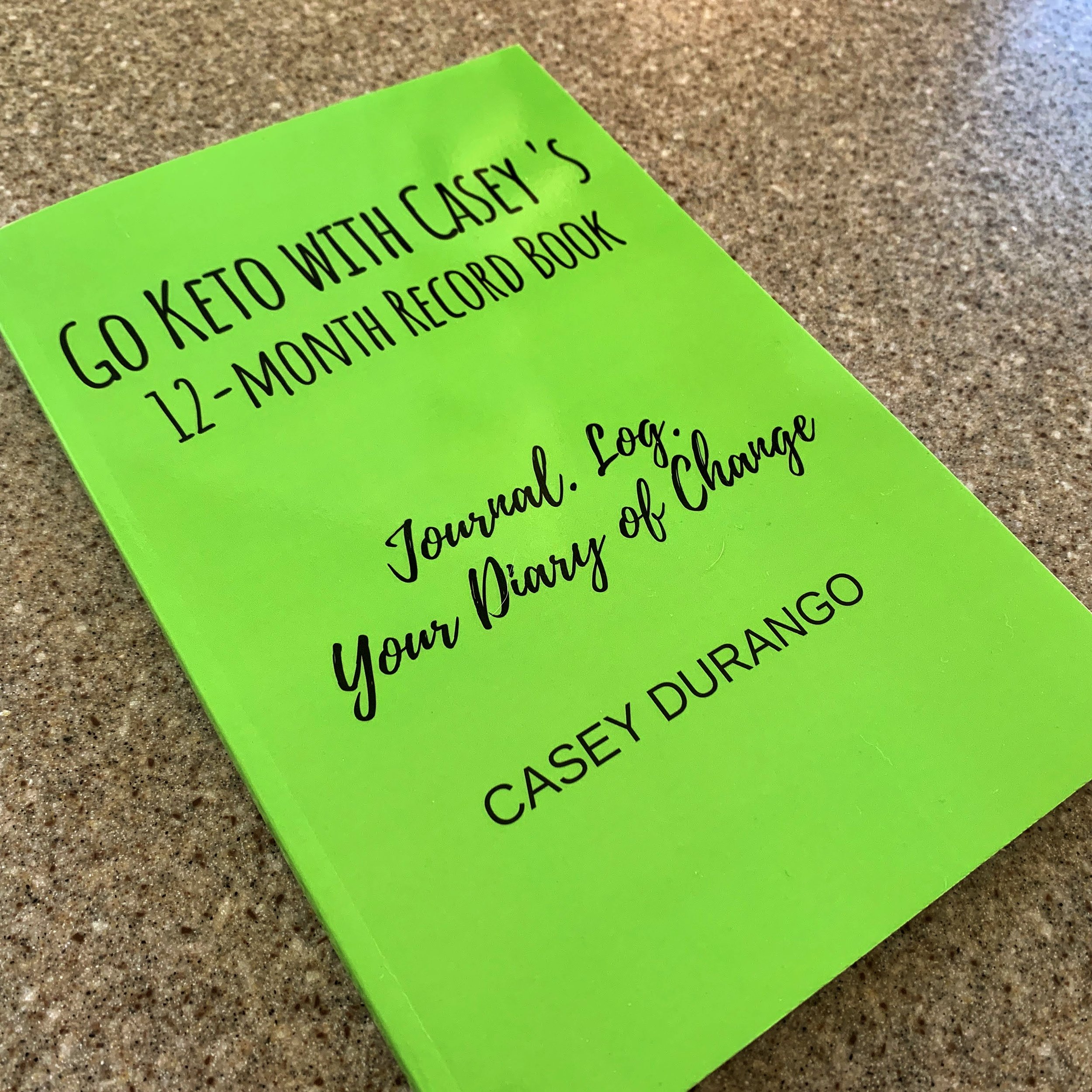Why Bother Trying? Won't Giving Up Help?... /sarcasm
/In life, there are times when we strive to improve. This starts early on. But self-improvement isn't the motivating factor for children when they radiate over their colorful stickers, filling the kindergarten charts, indicating good behaviors. They work on those things to make their parents and teachers proud. But as we grow up, we still want to get results for our efforts.
Read More



